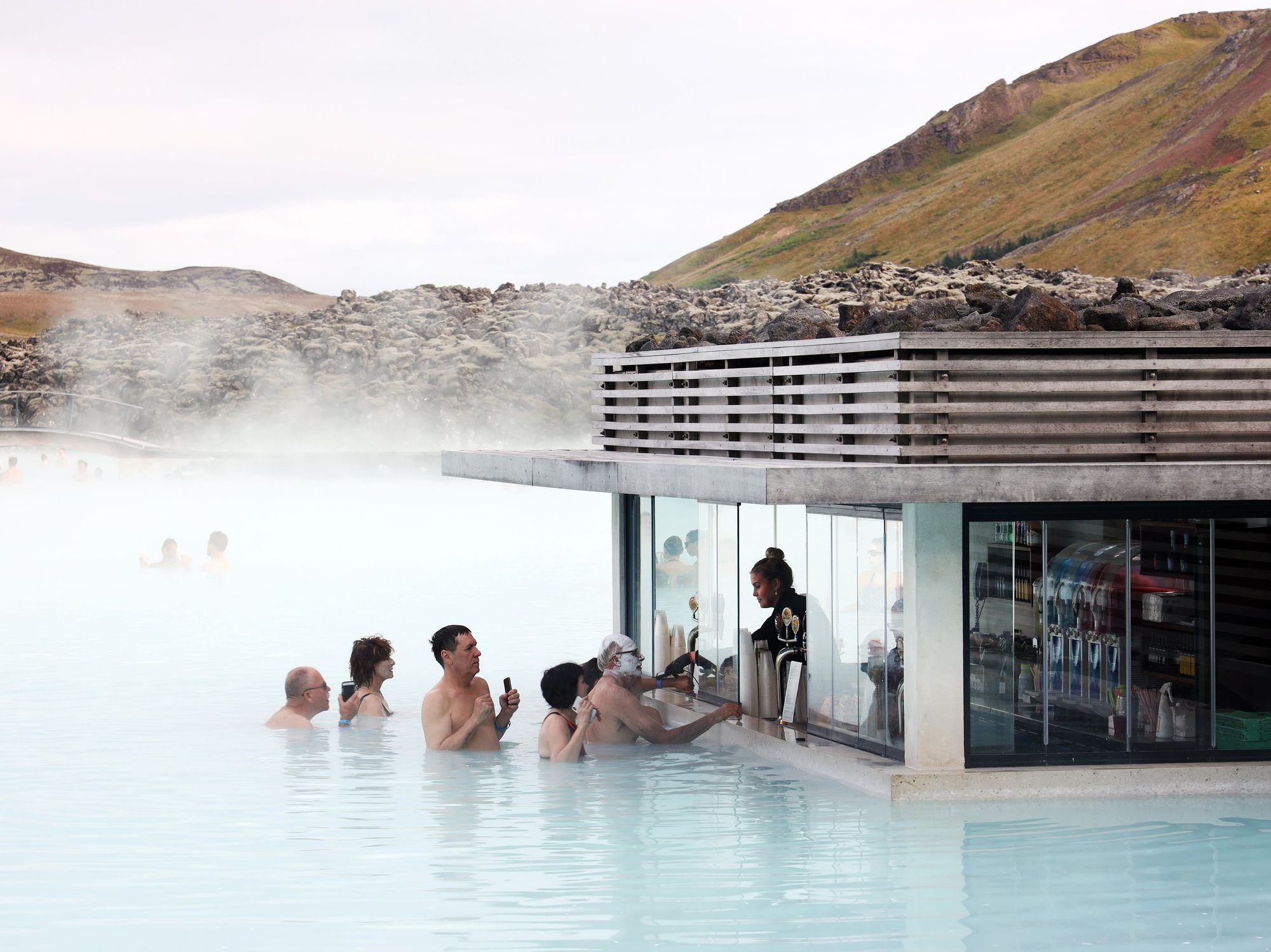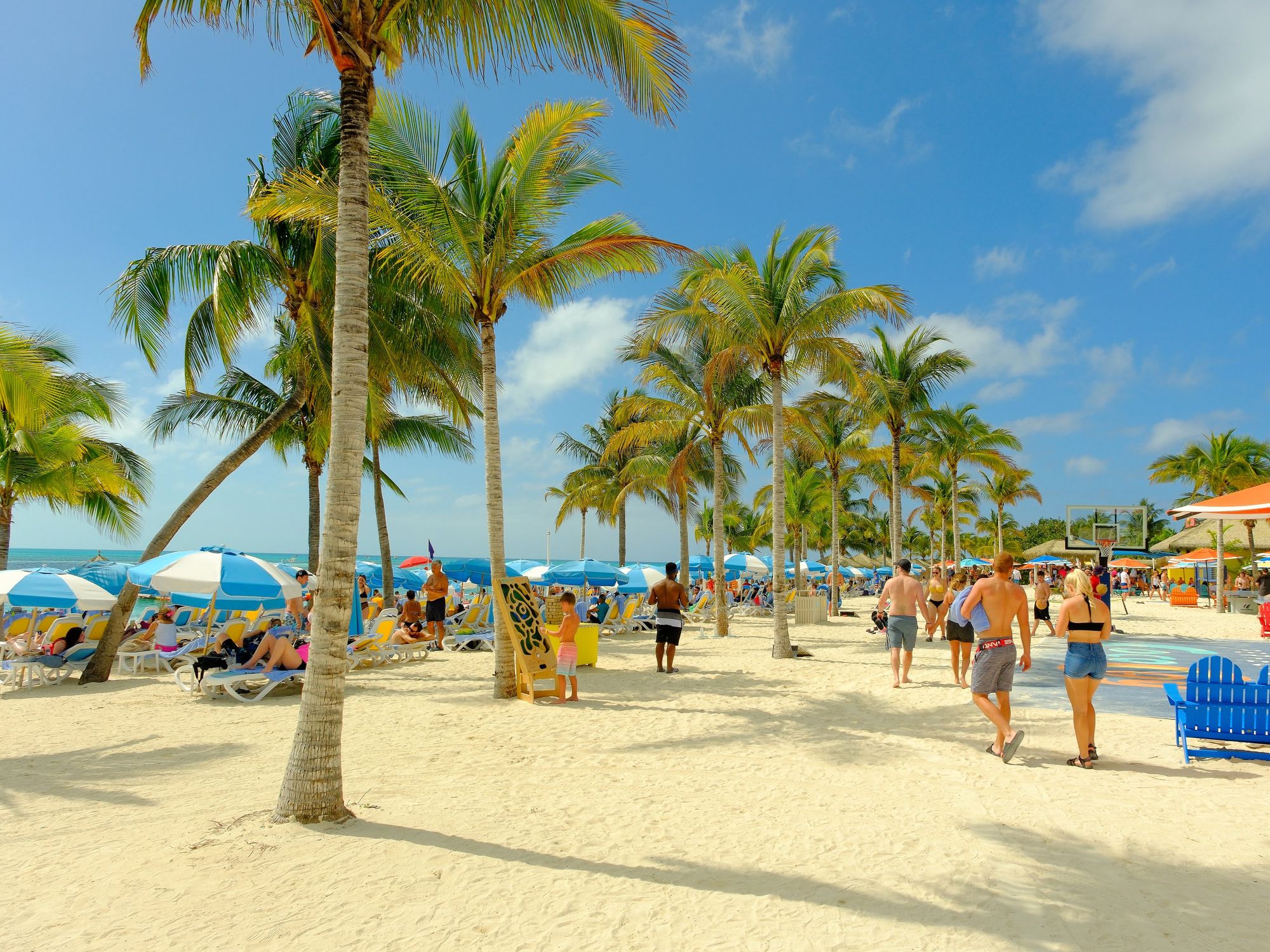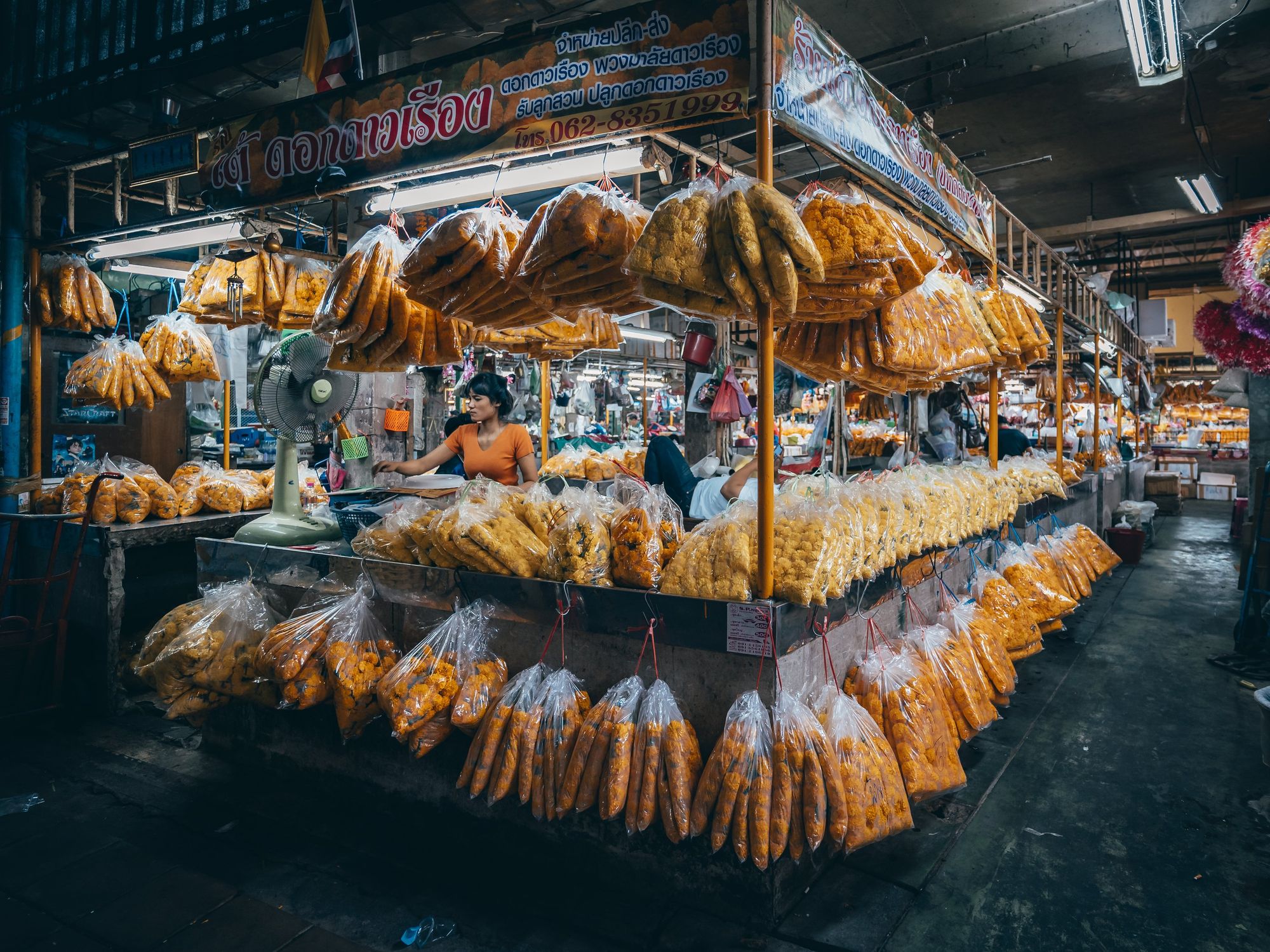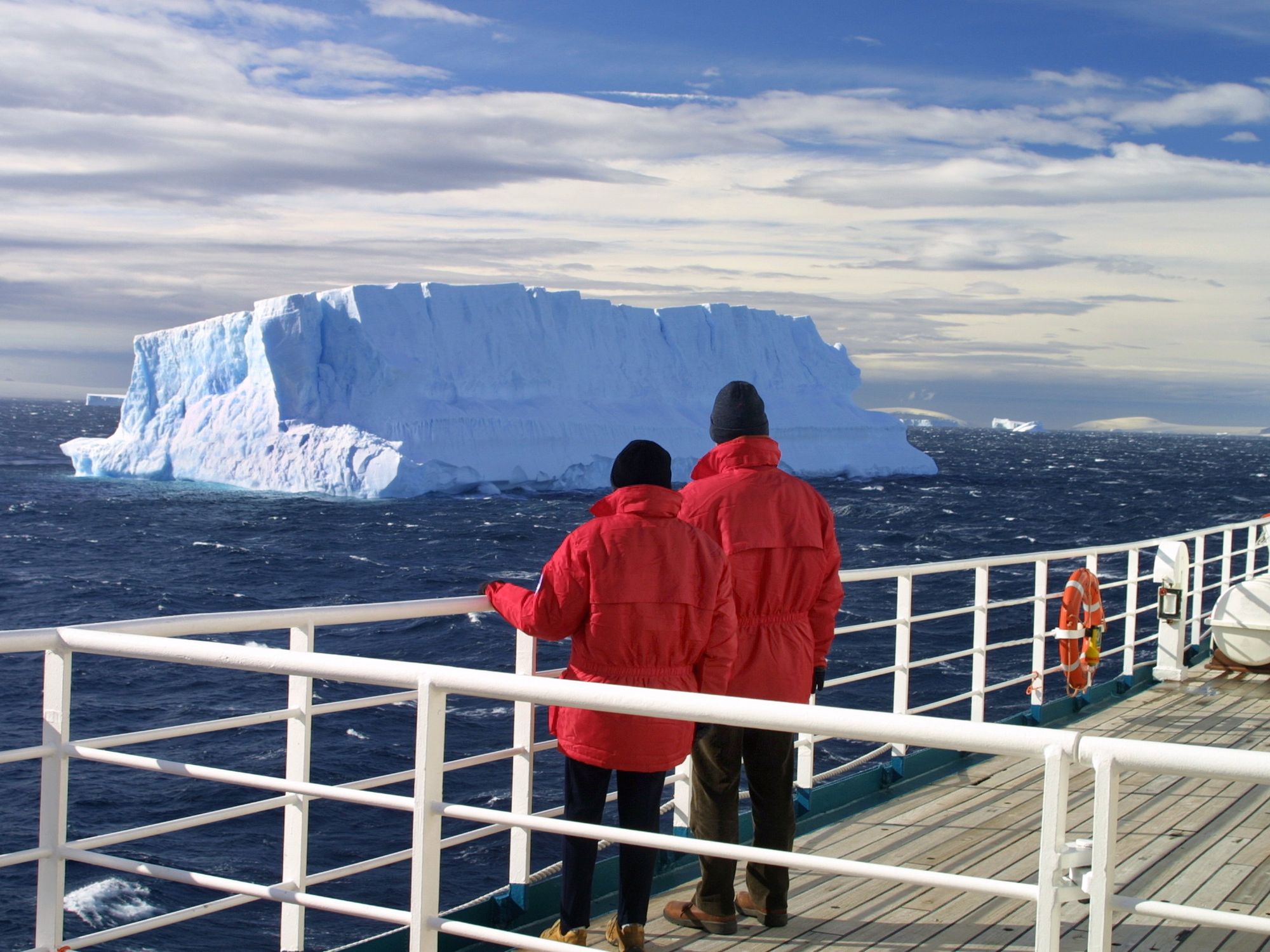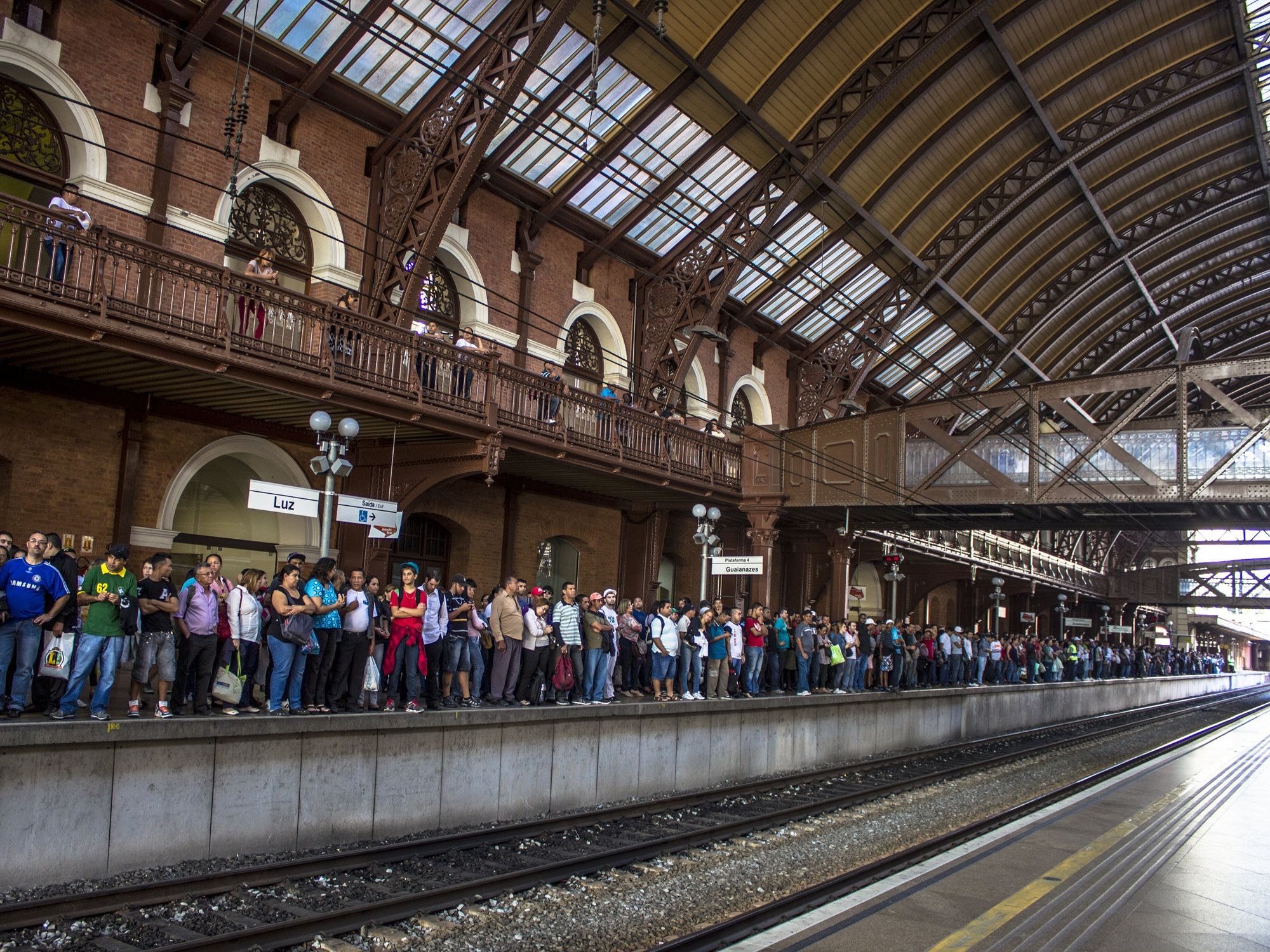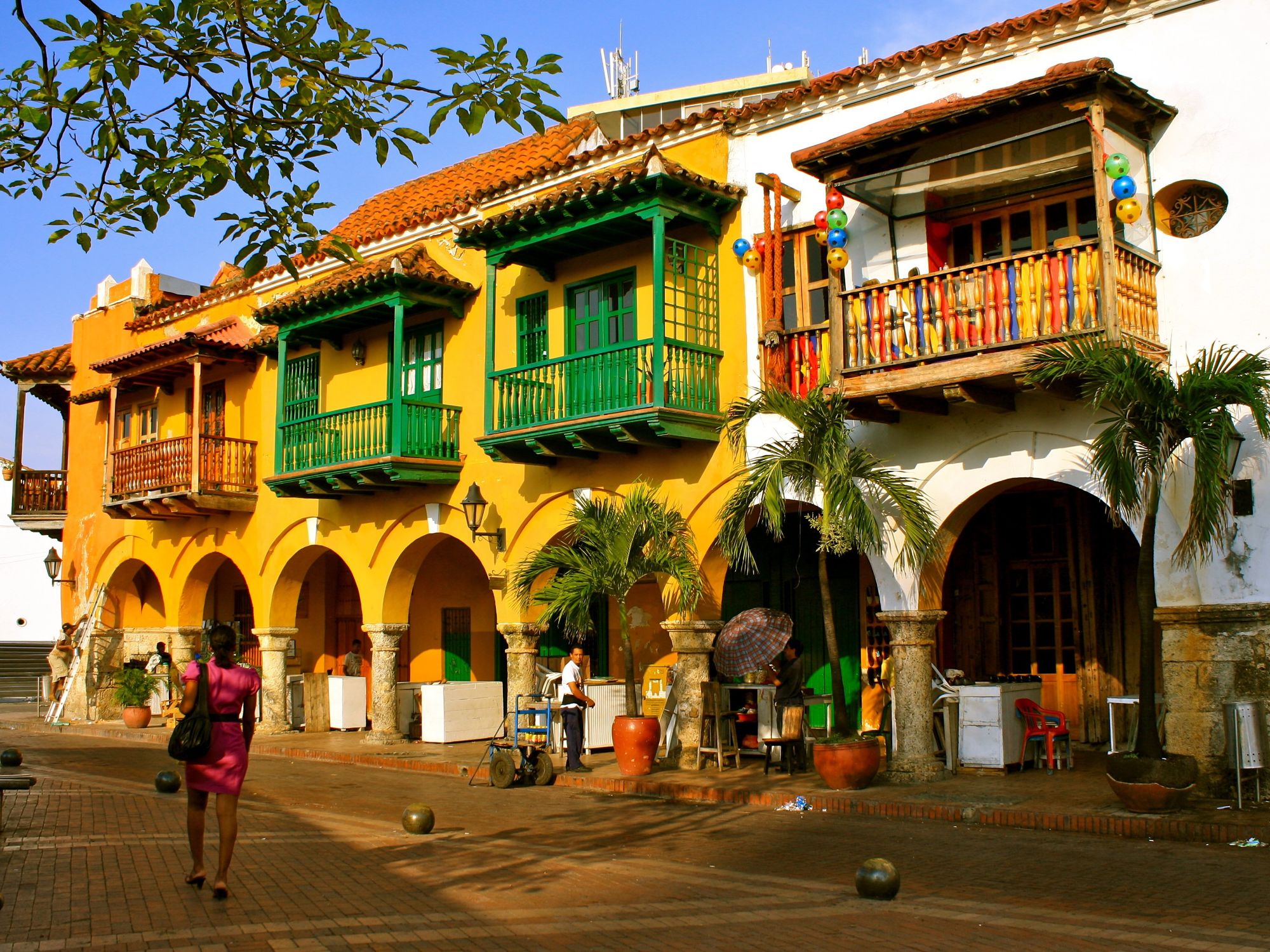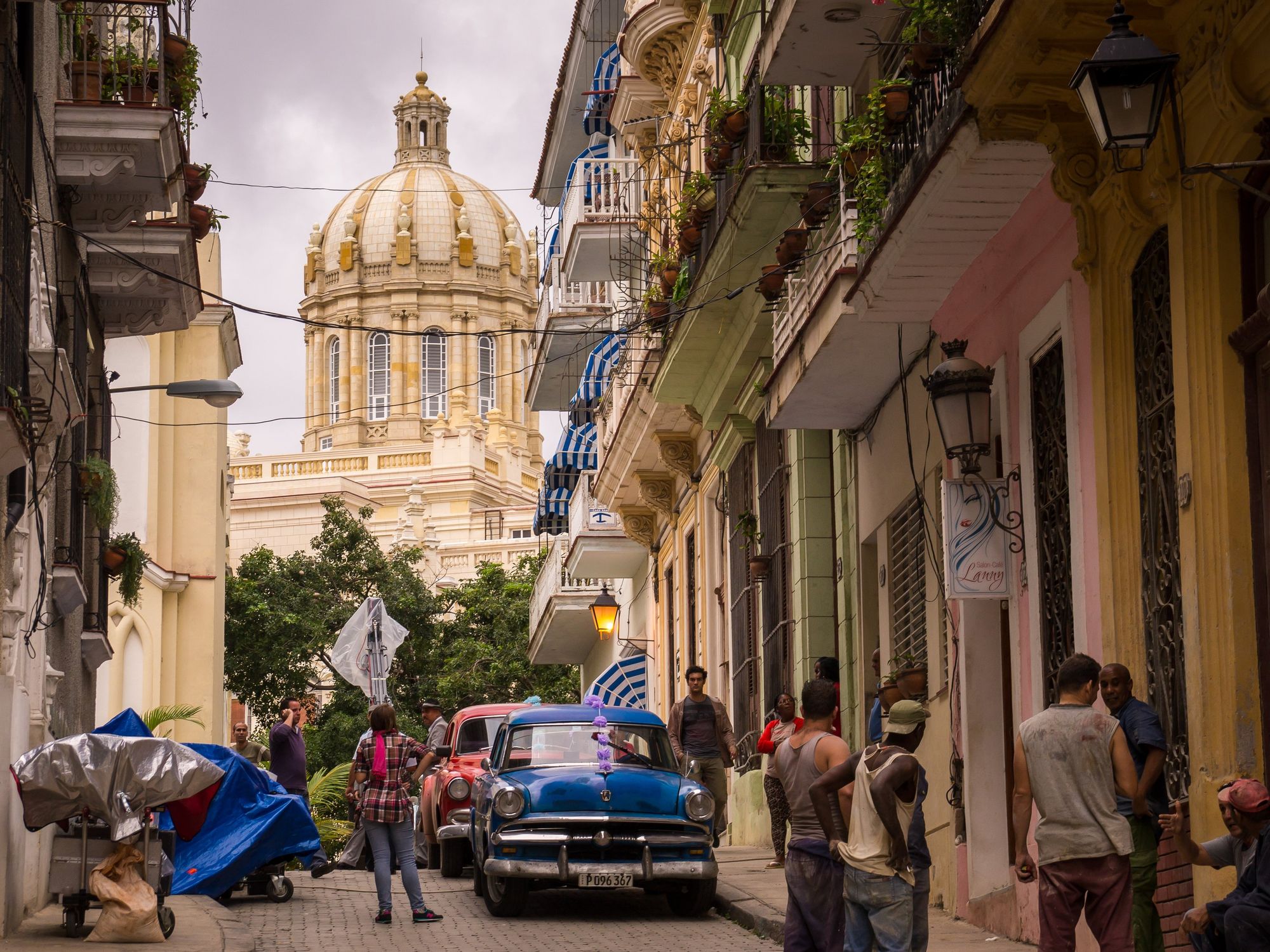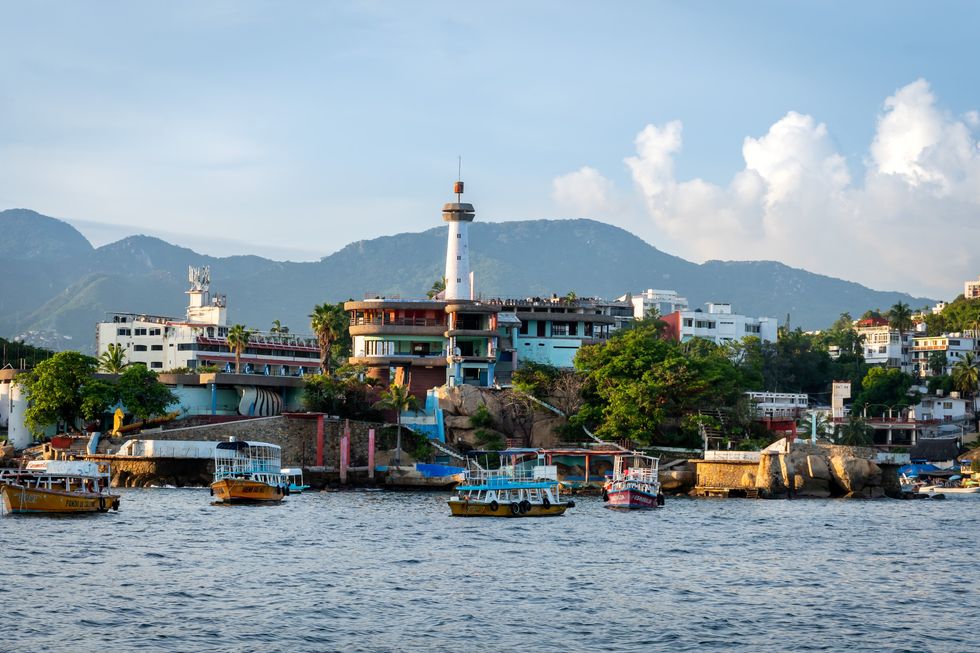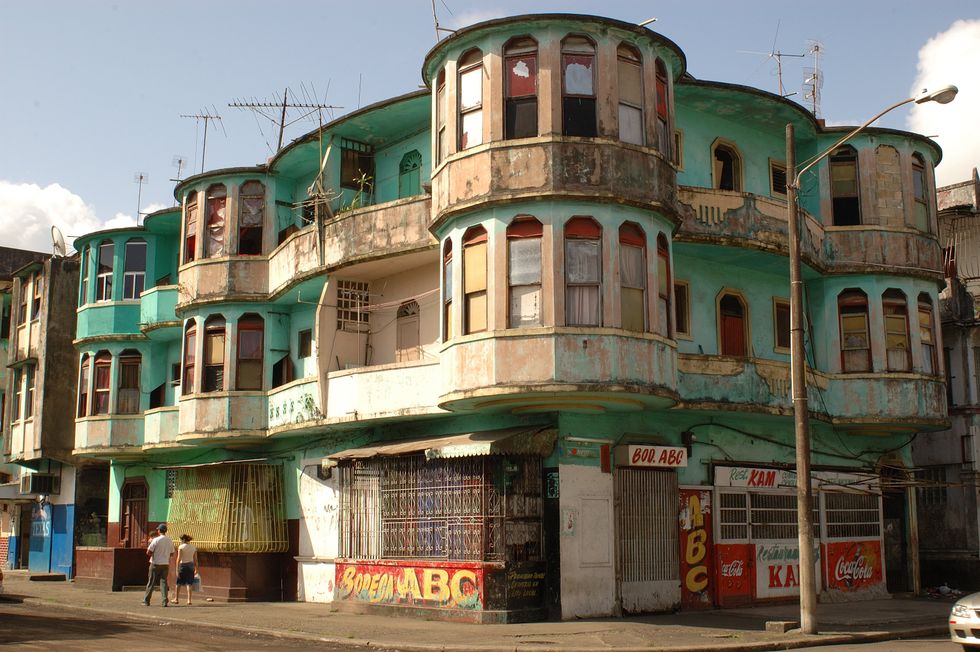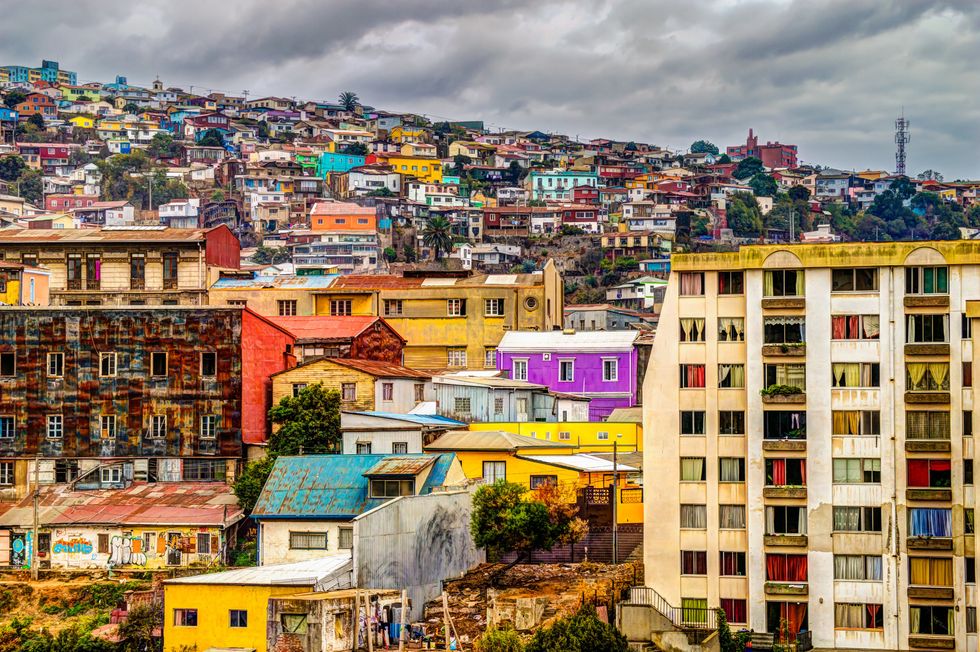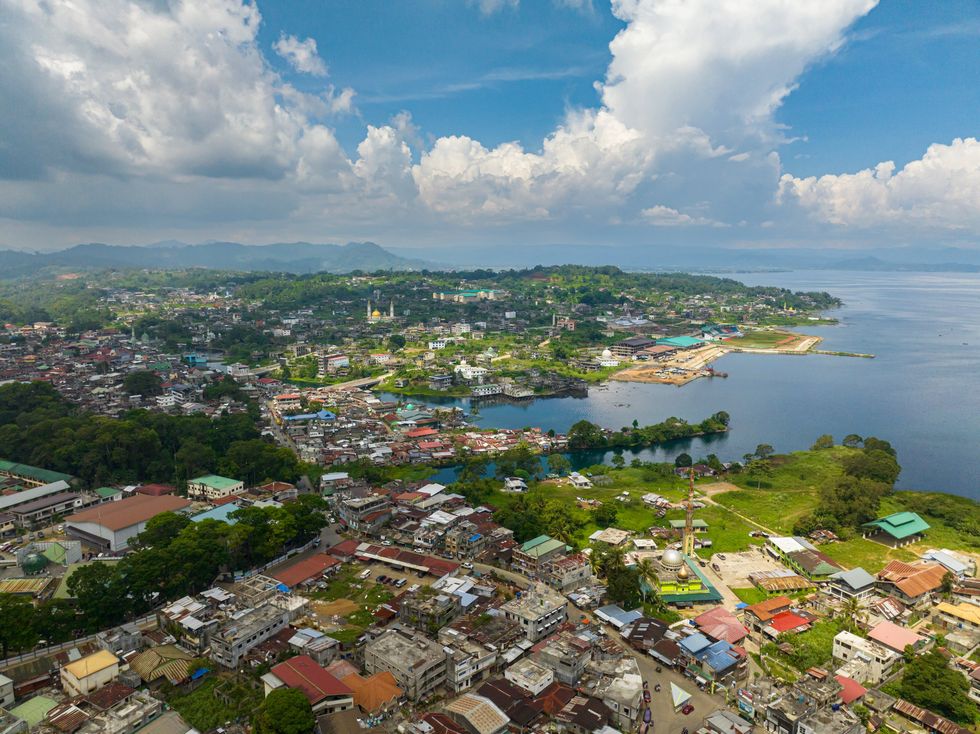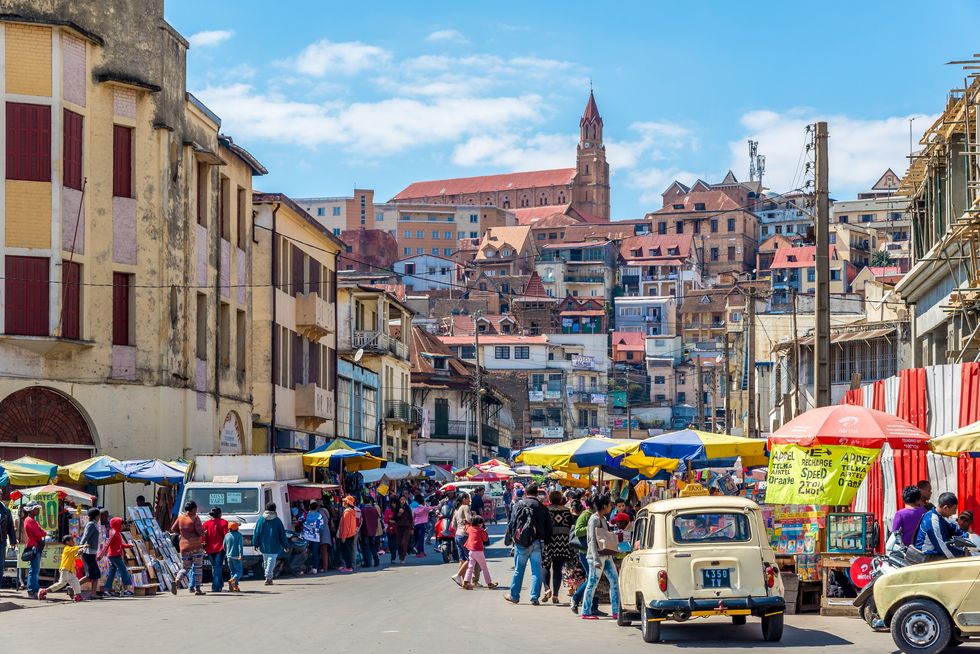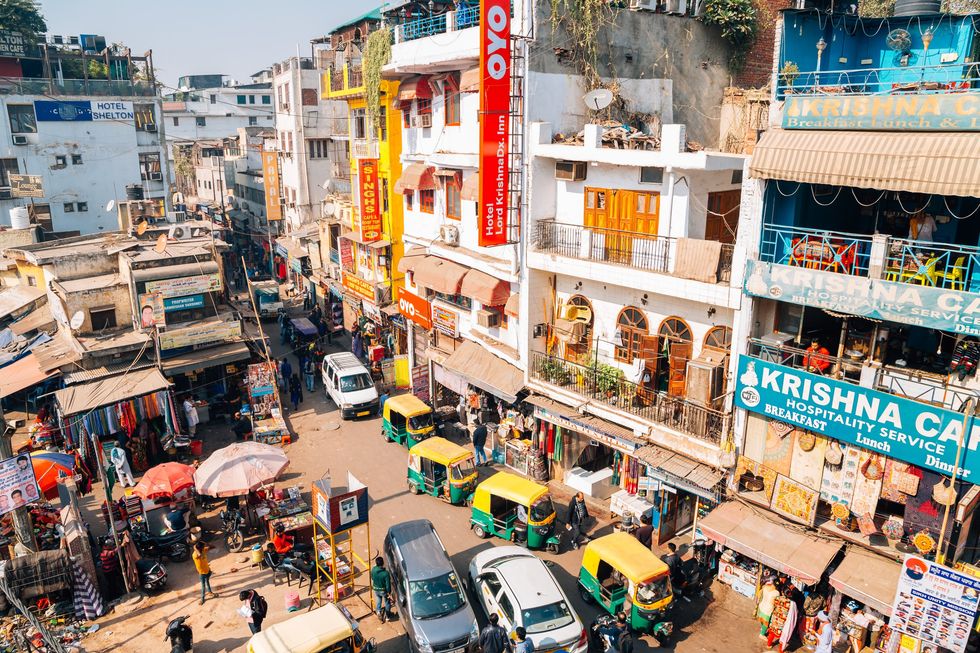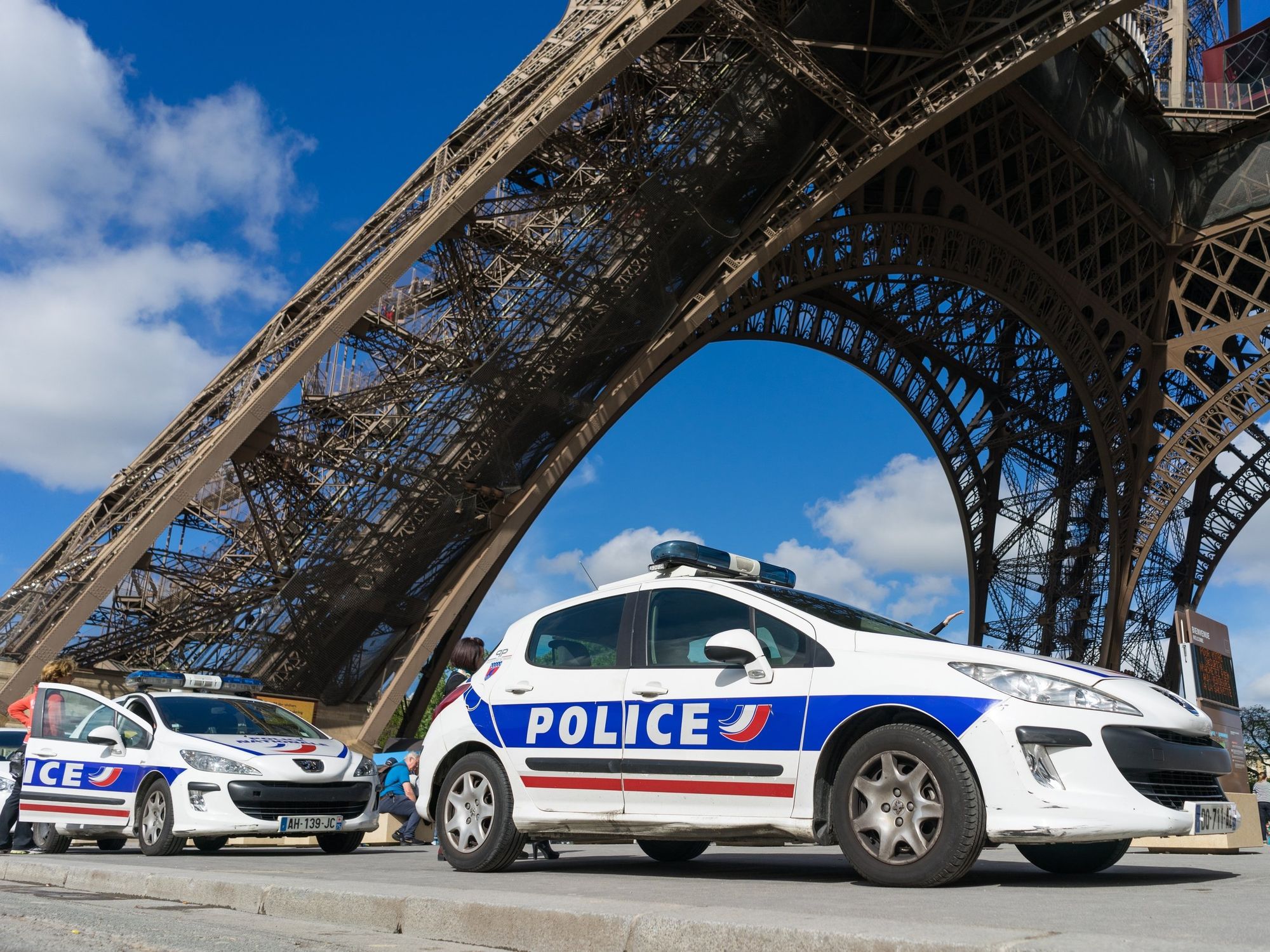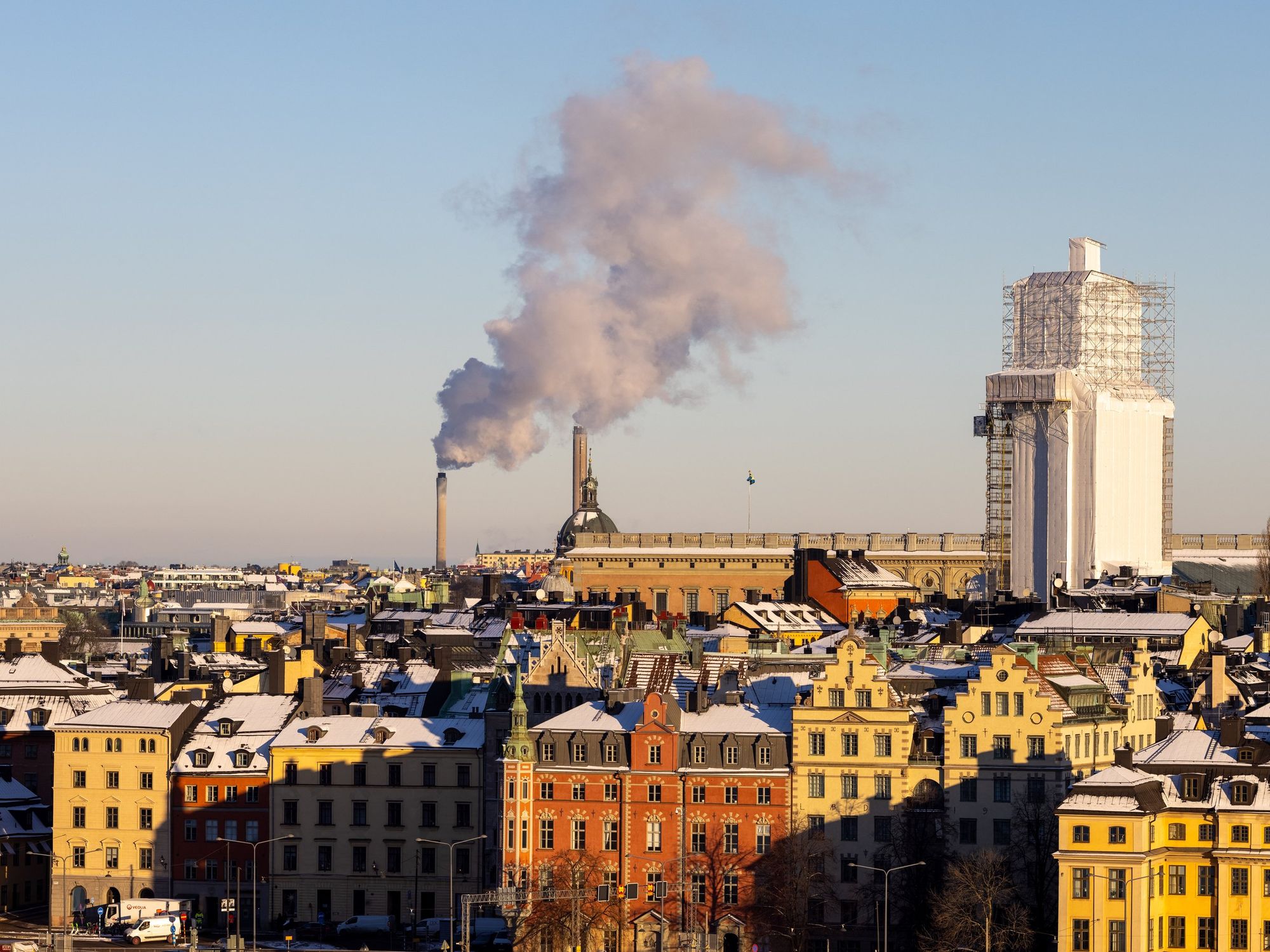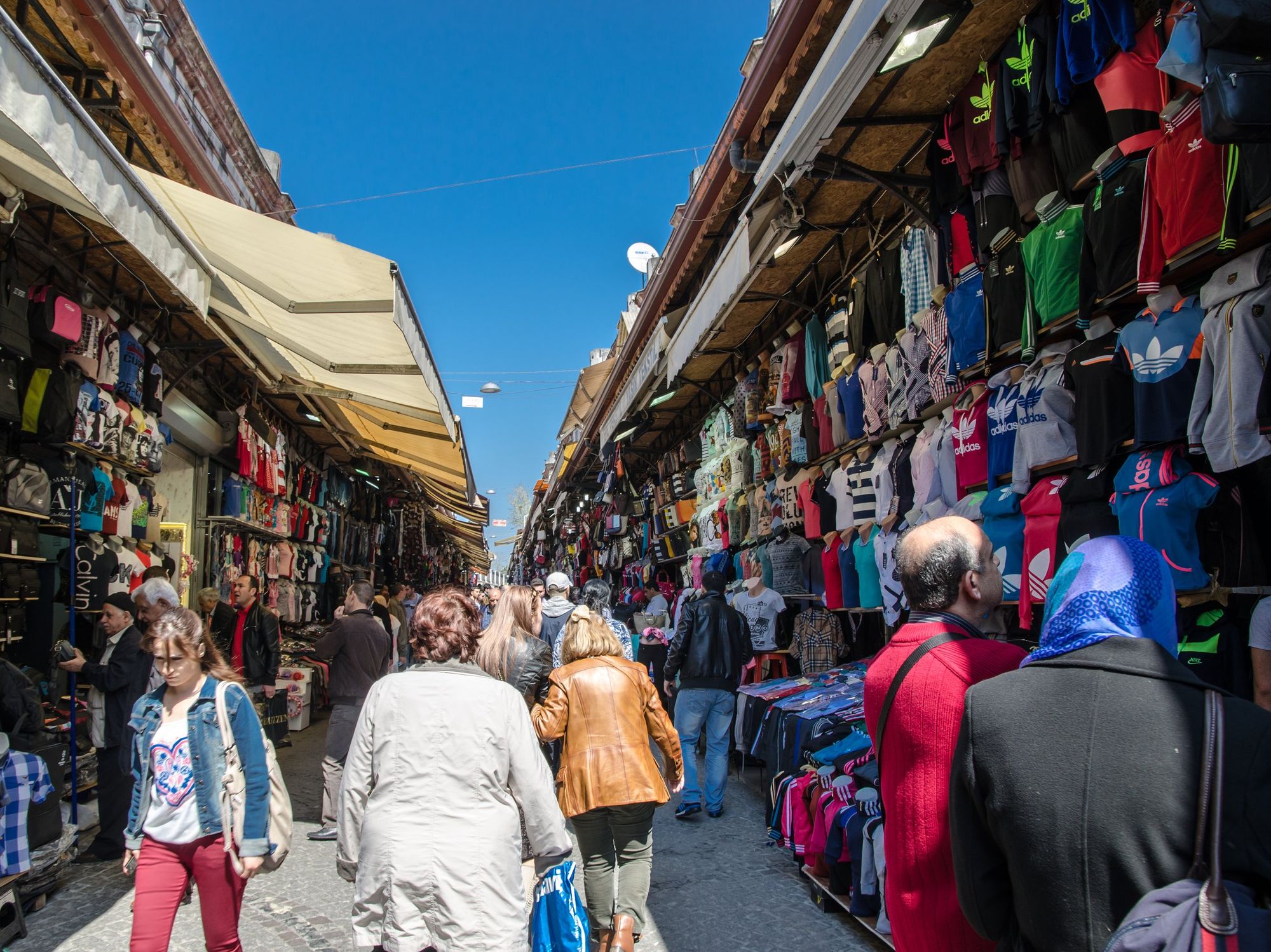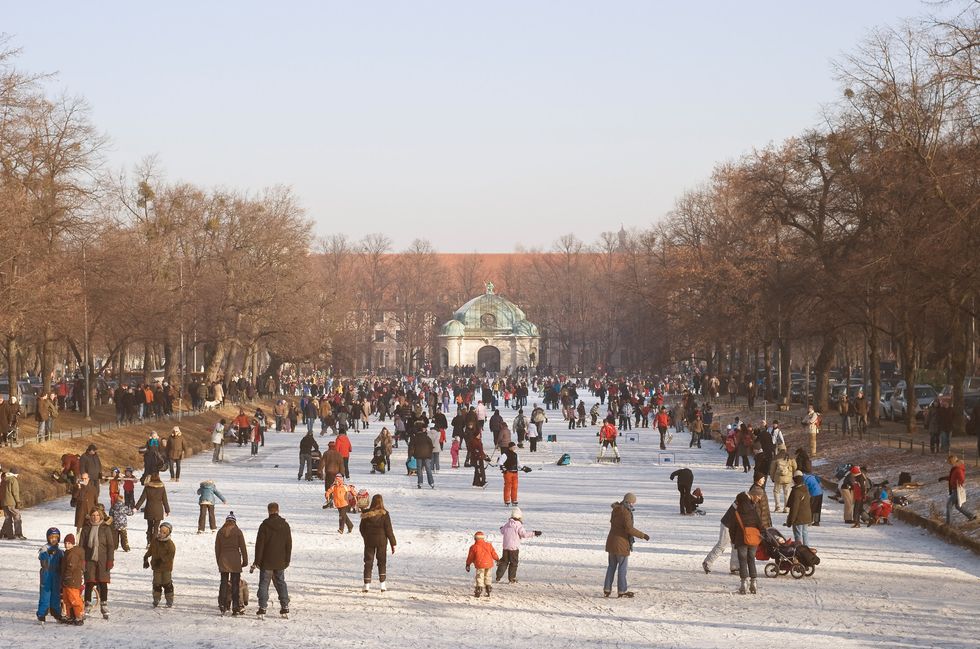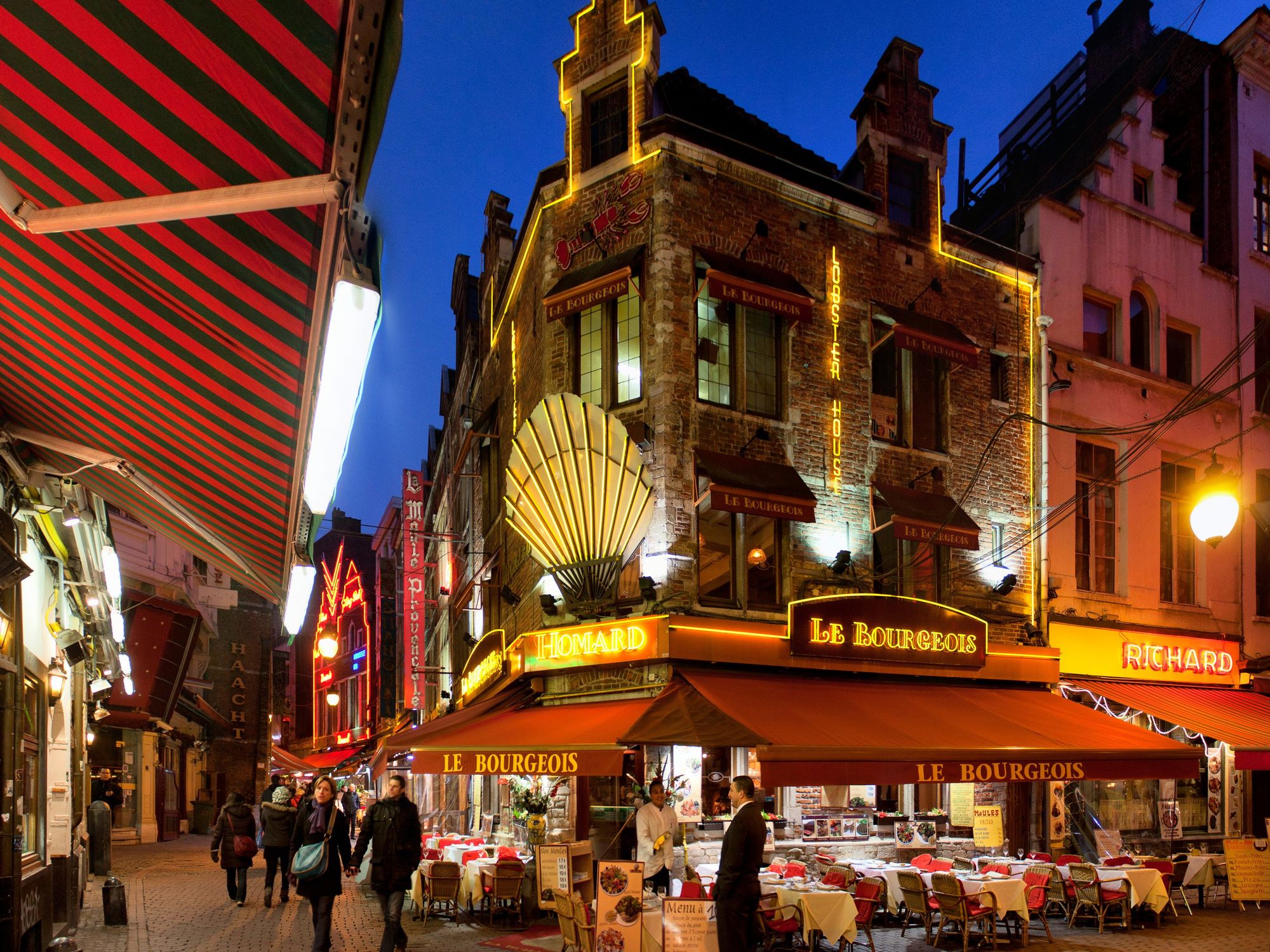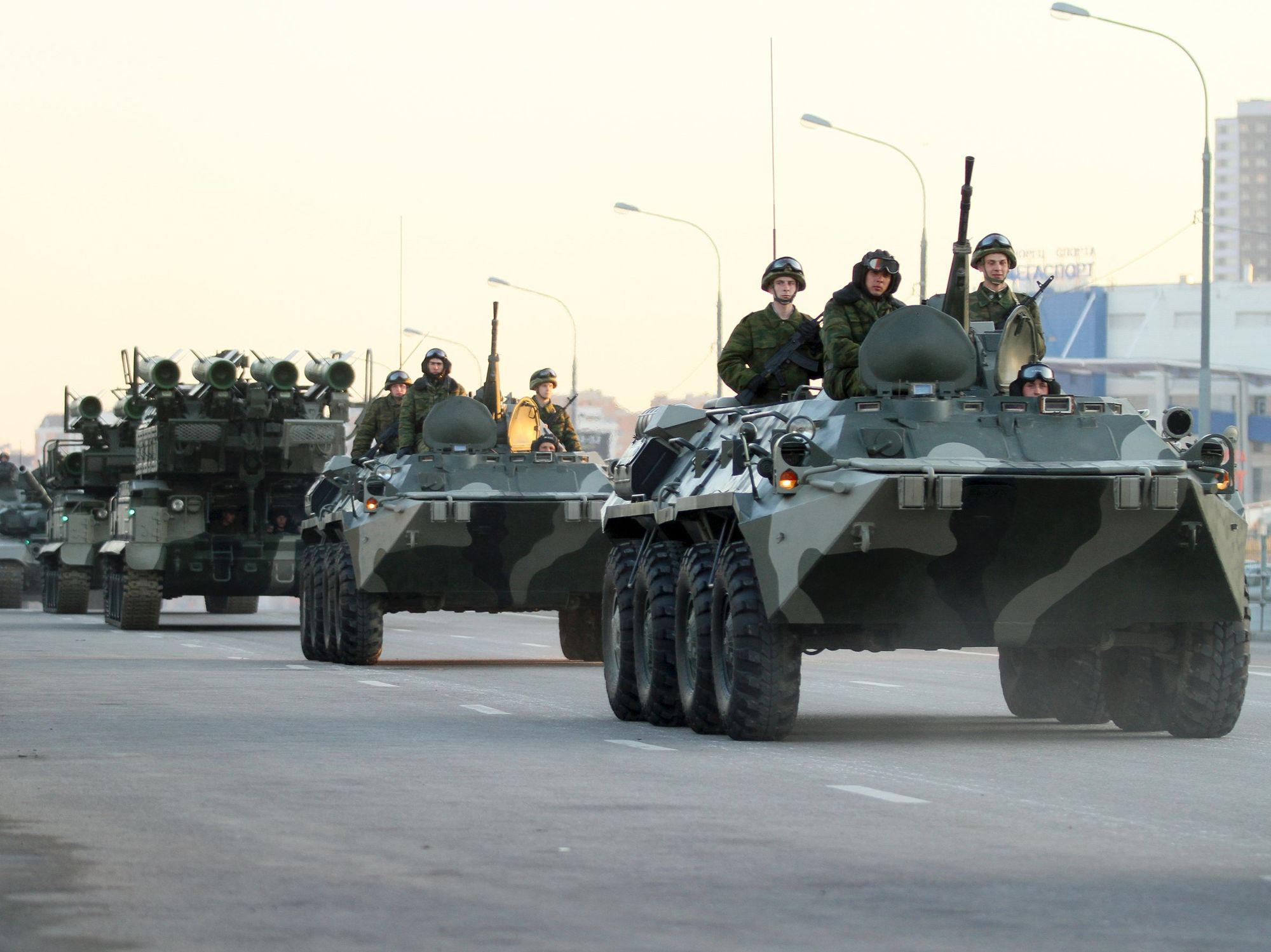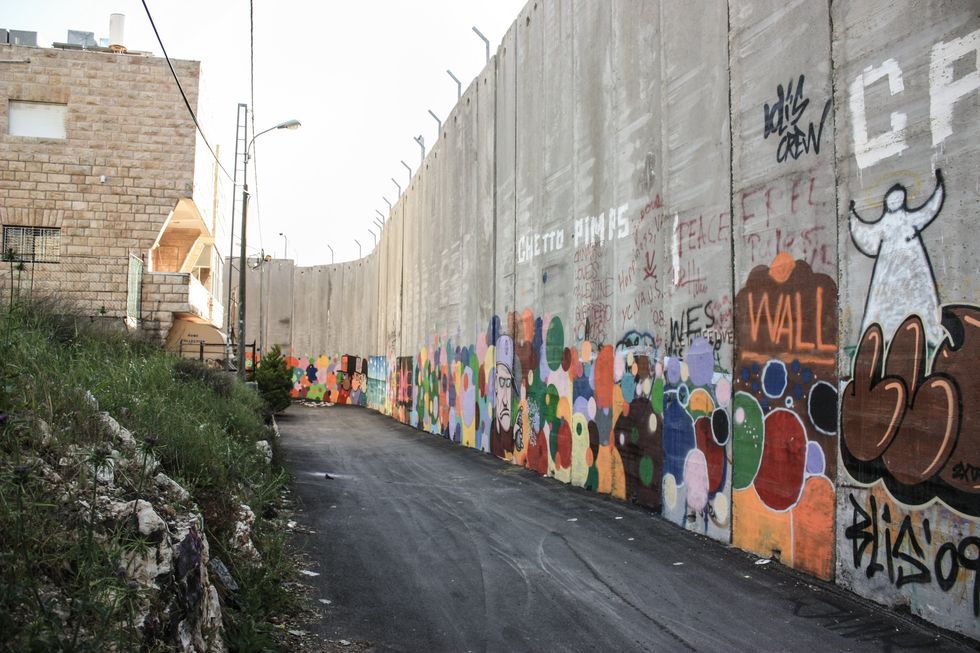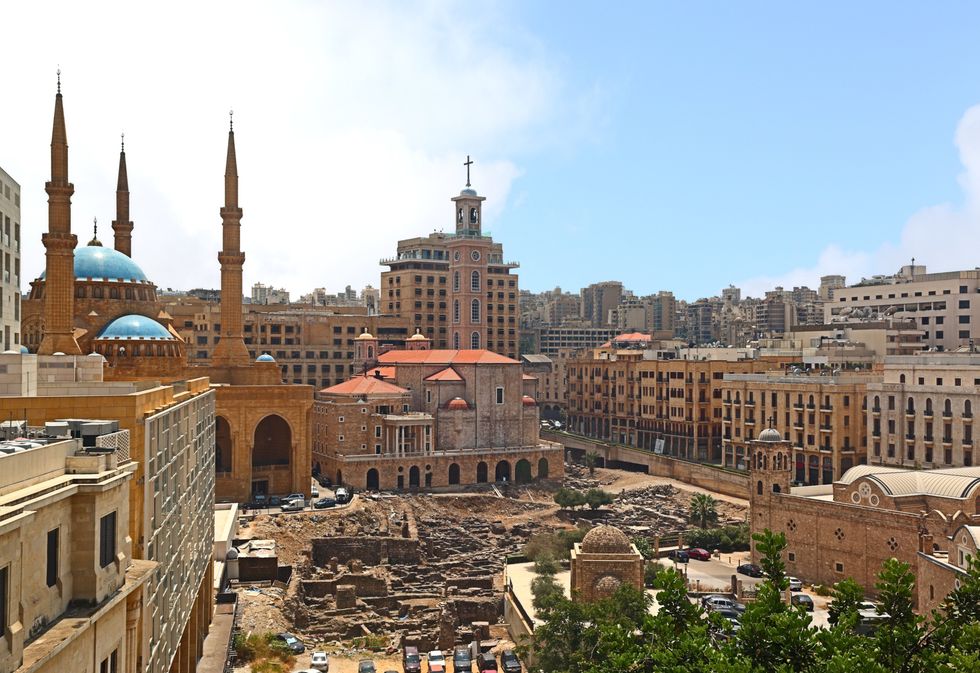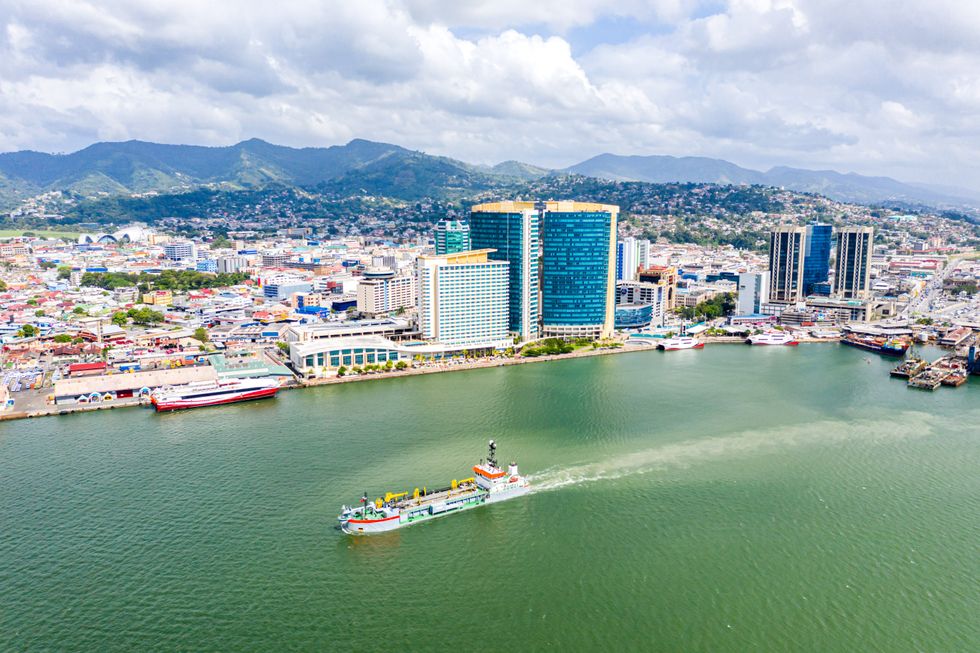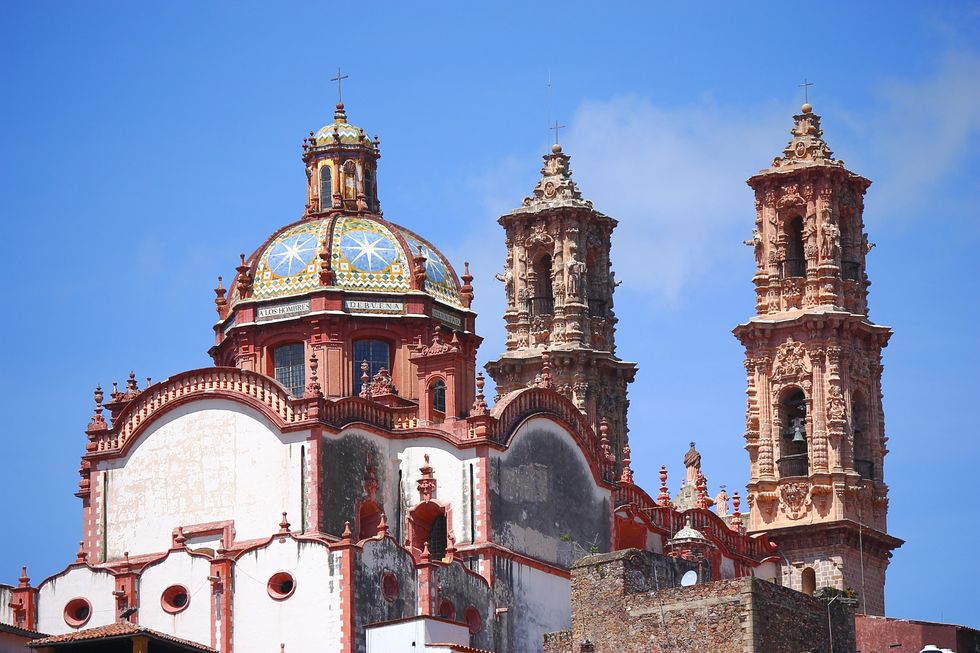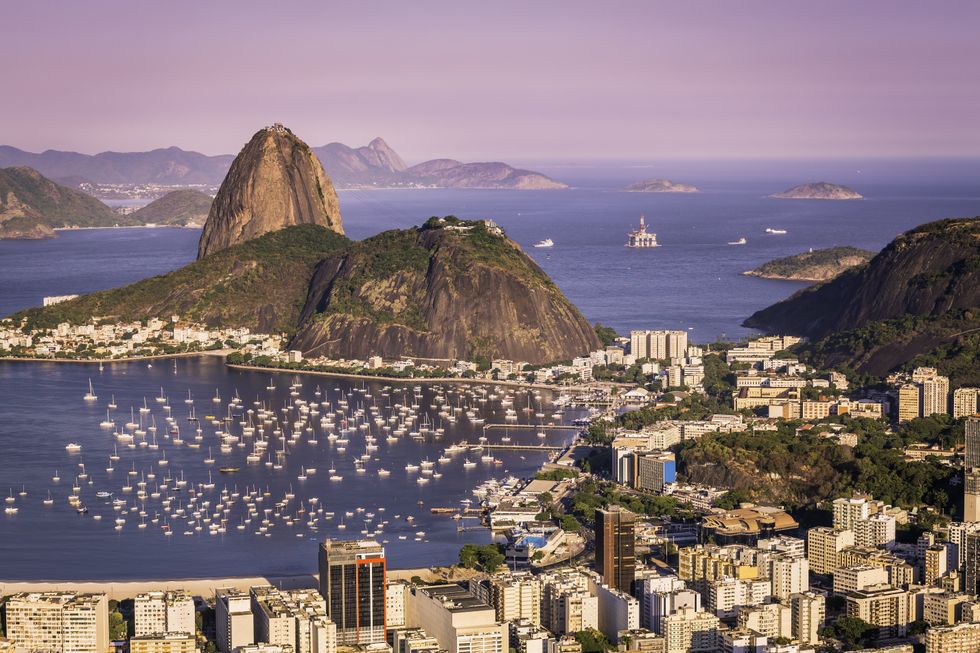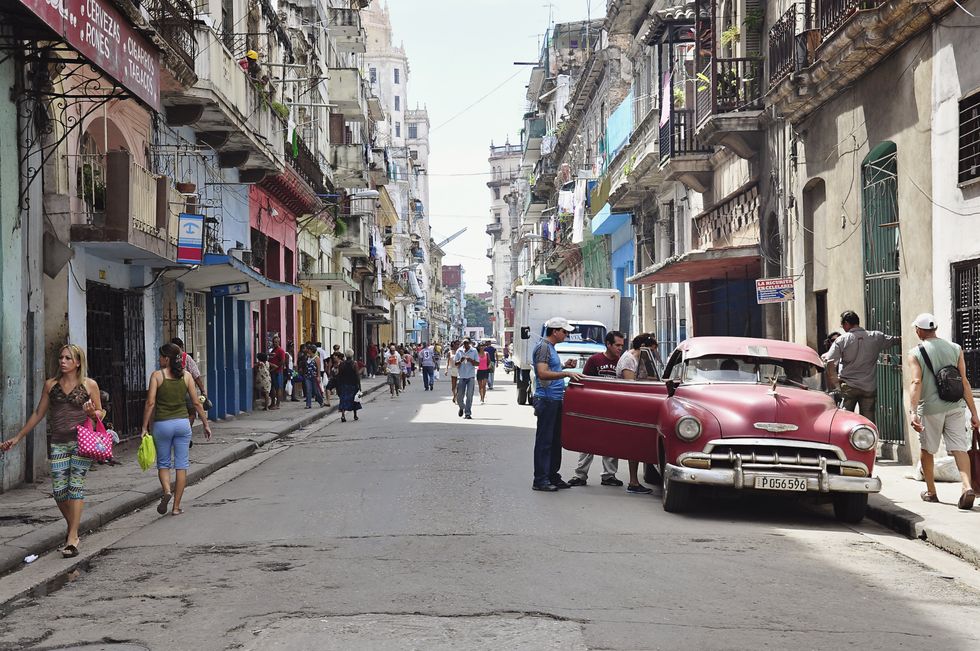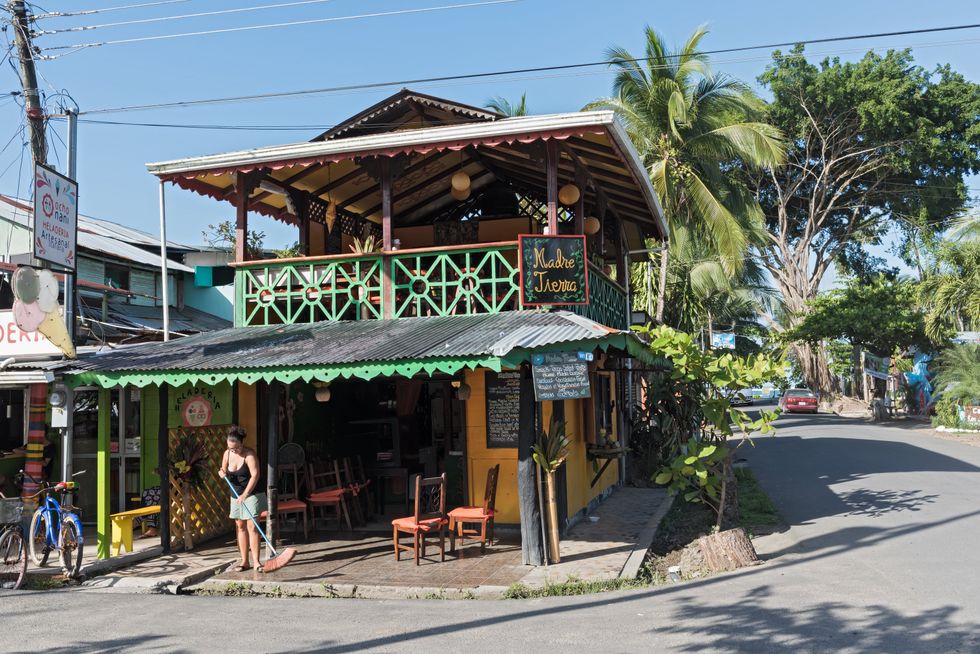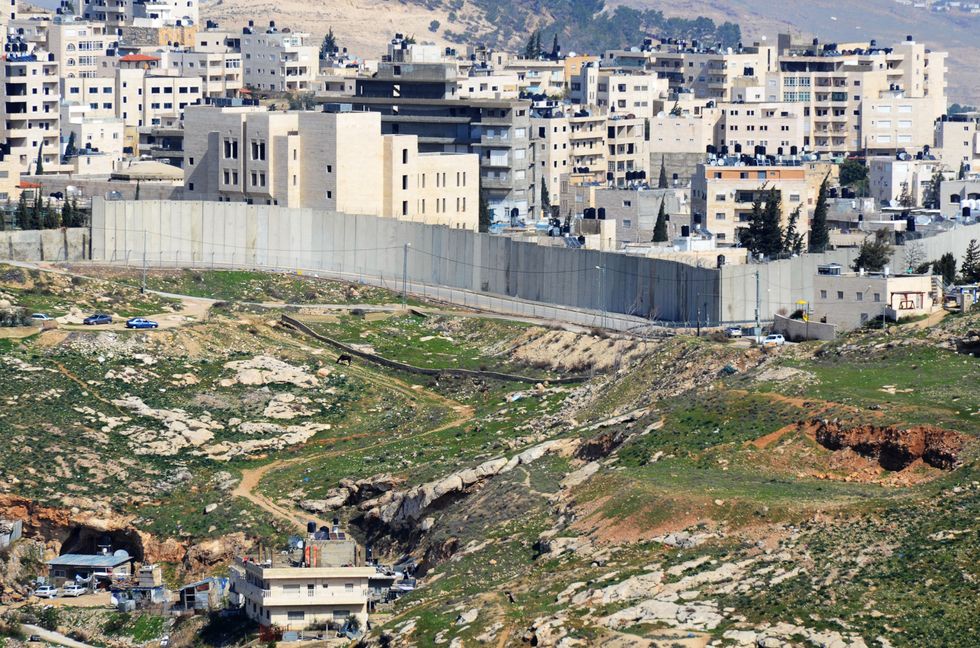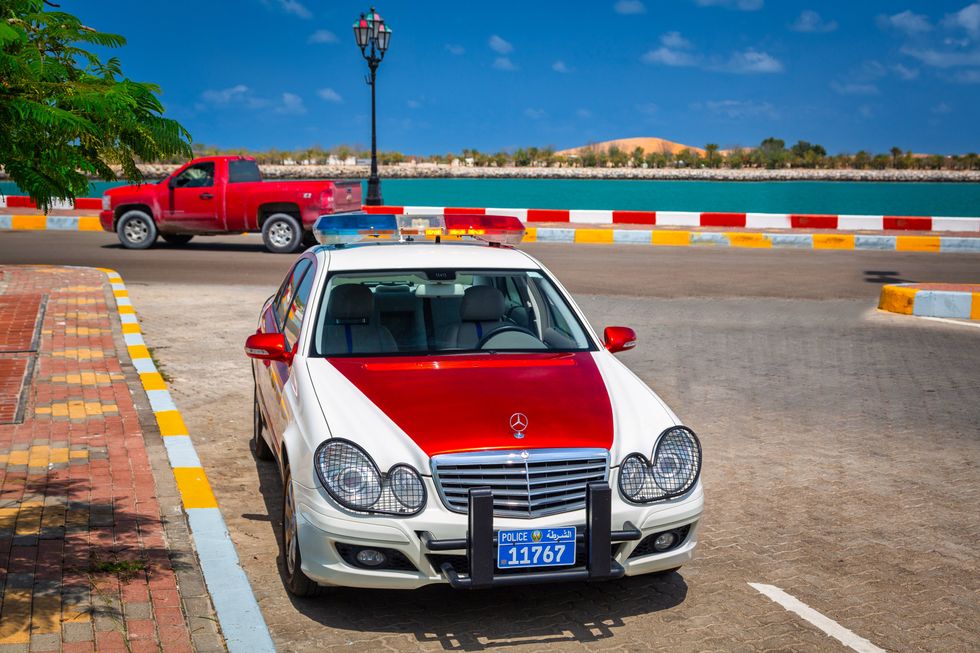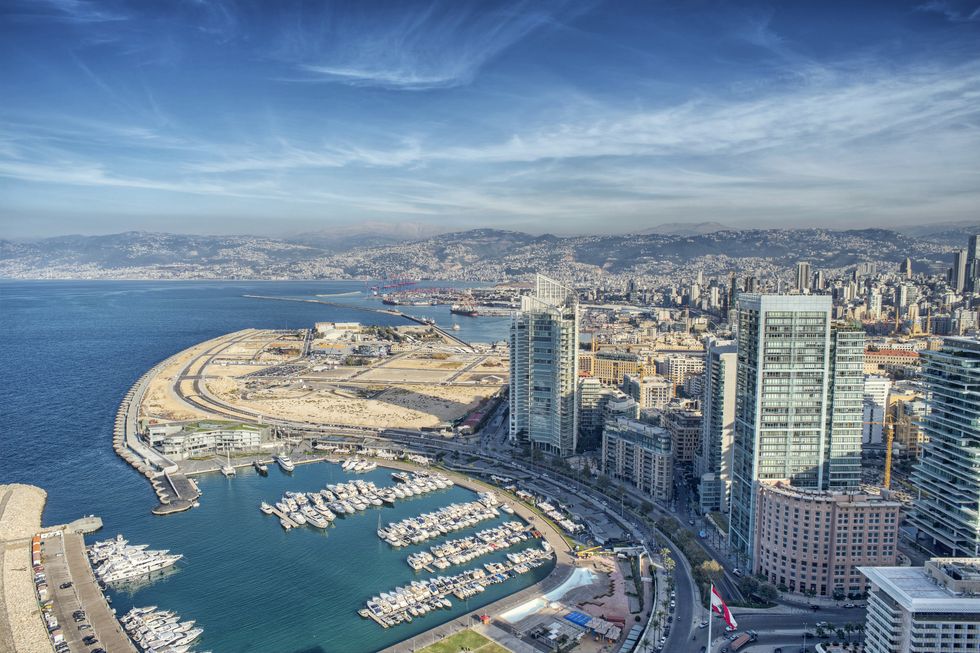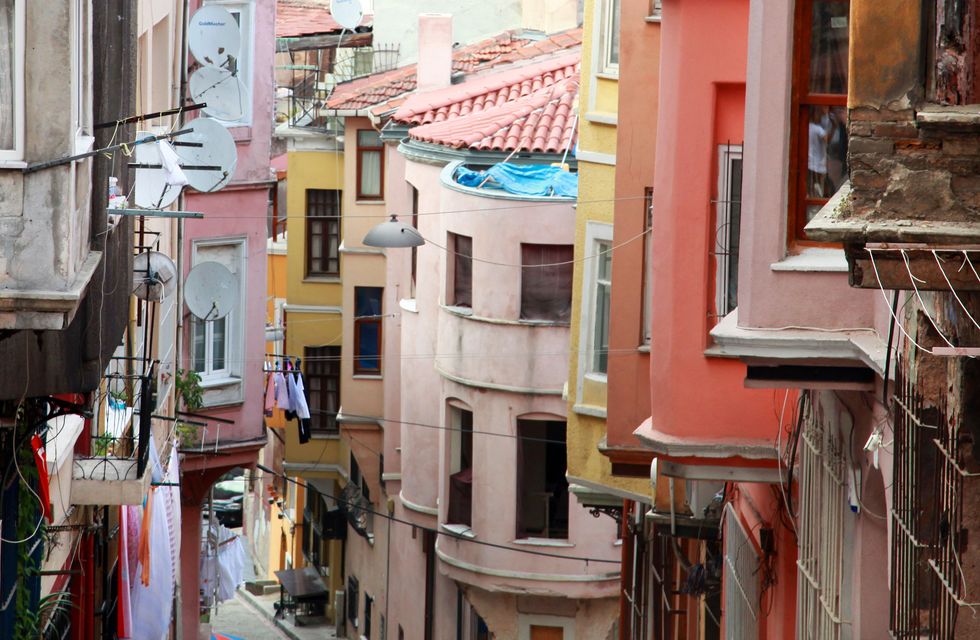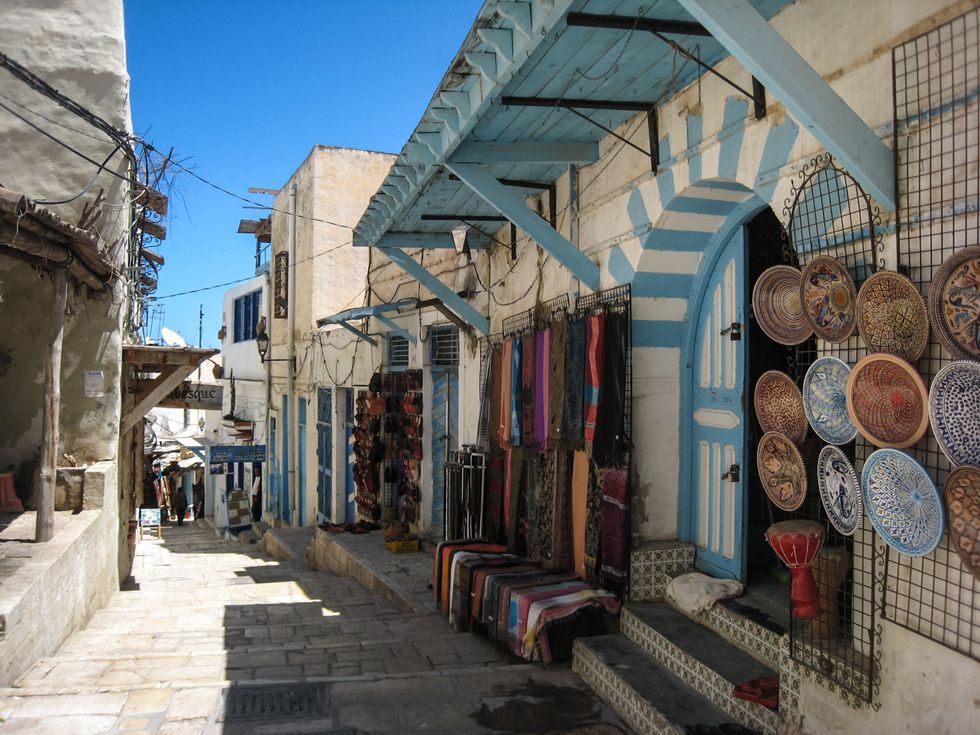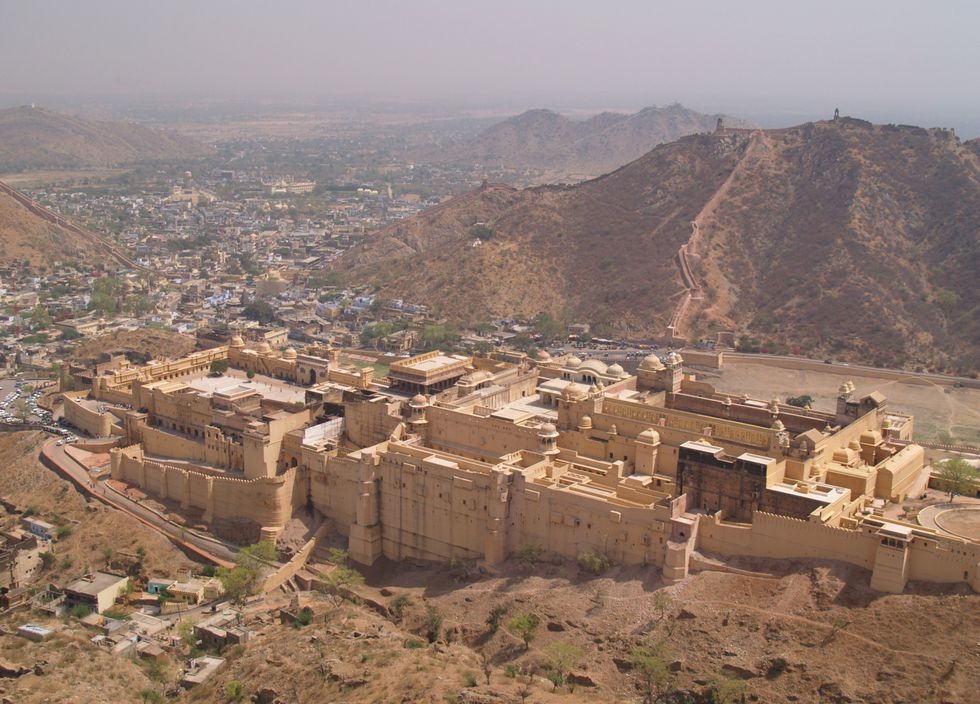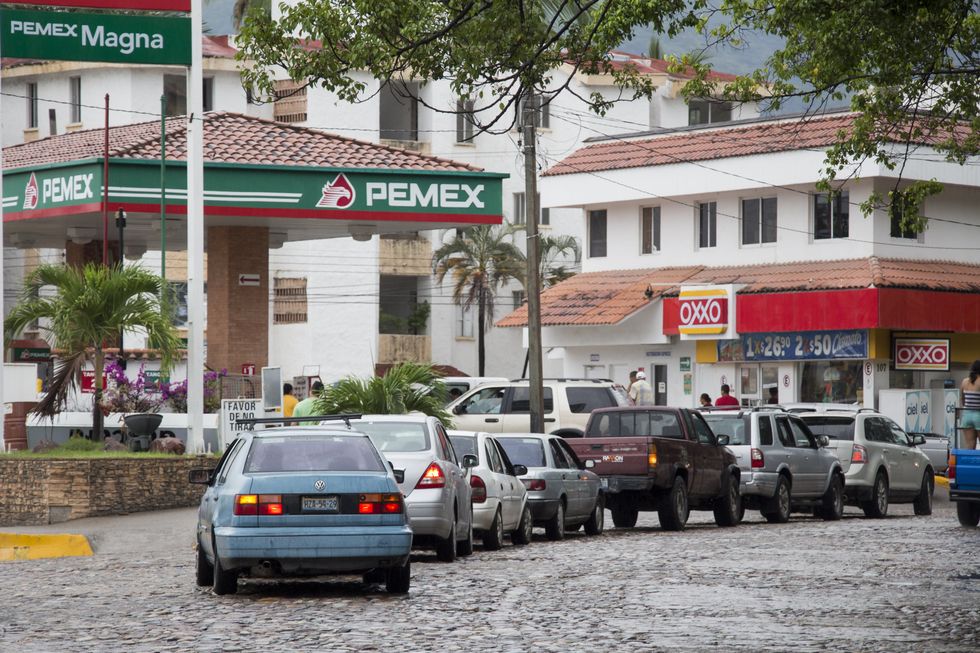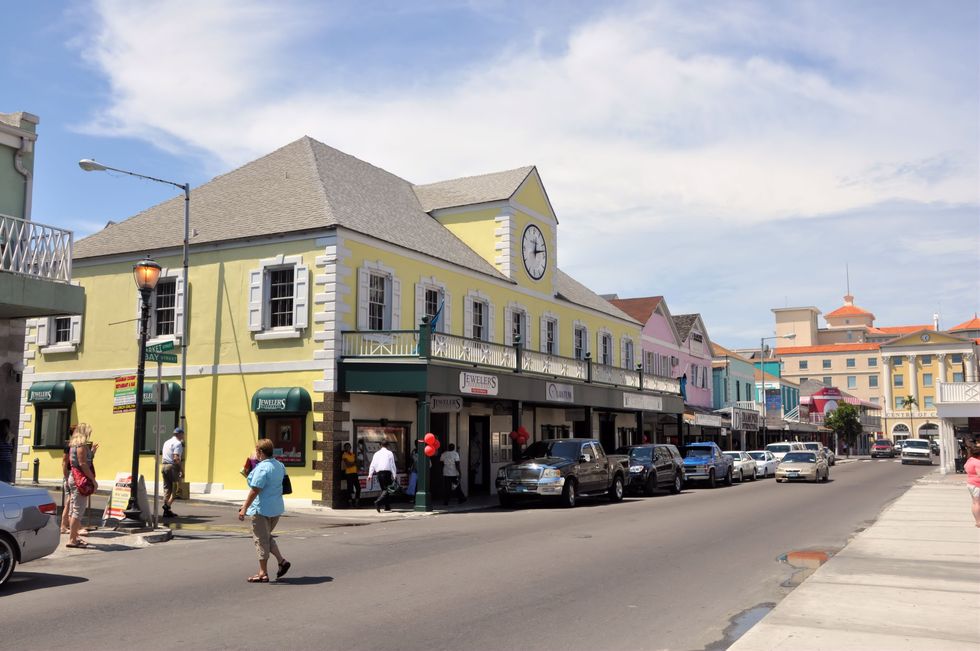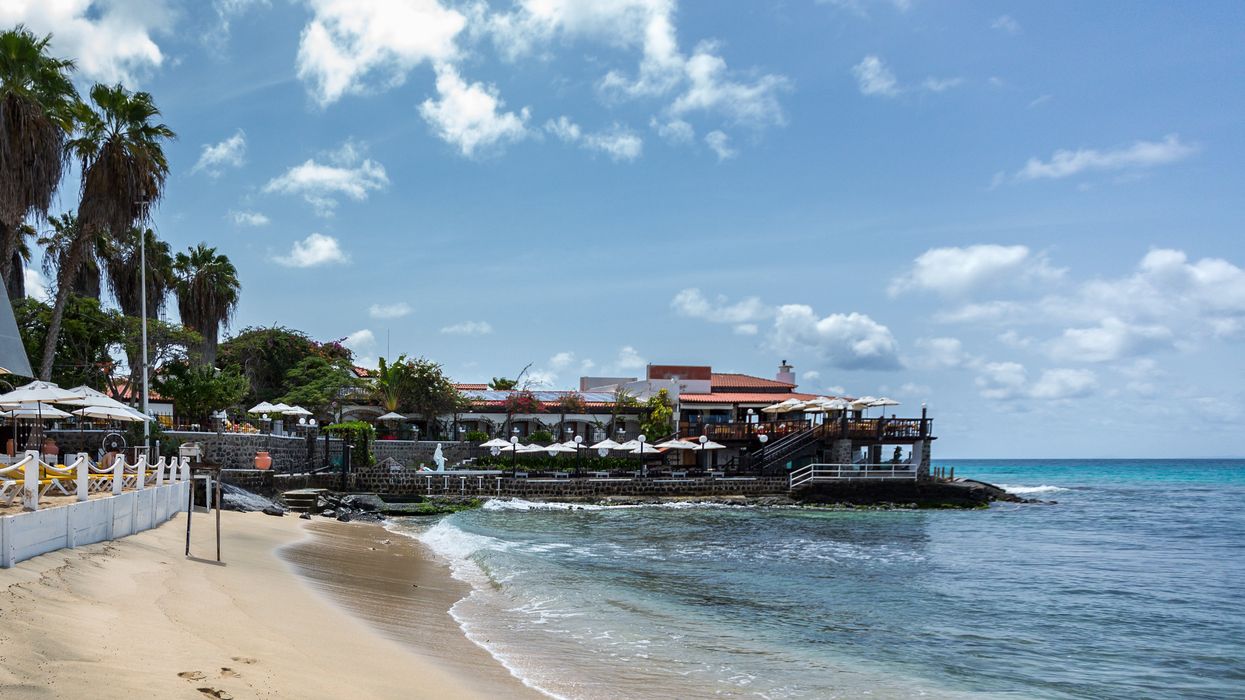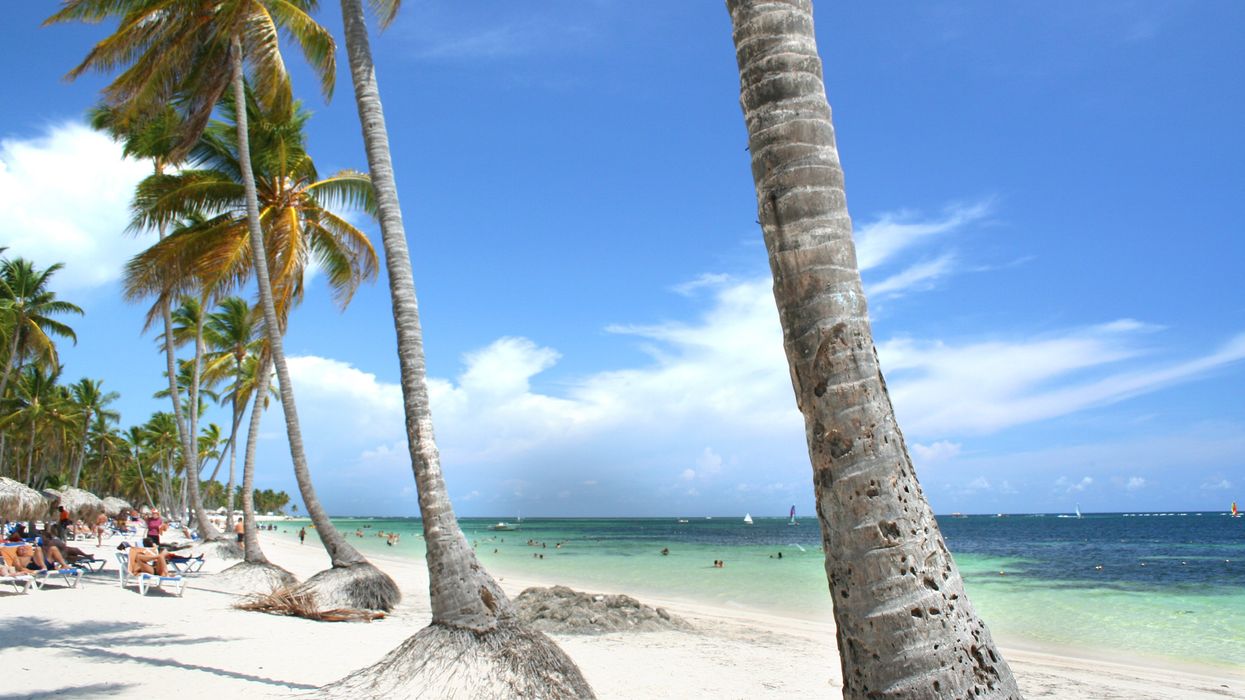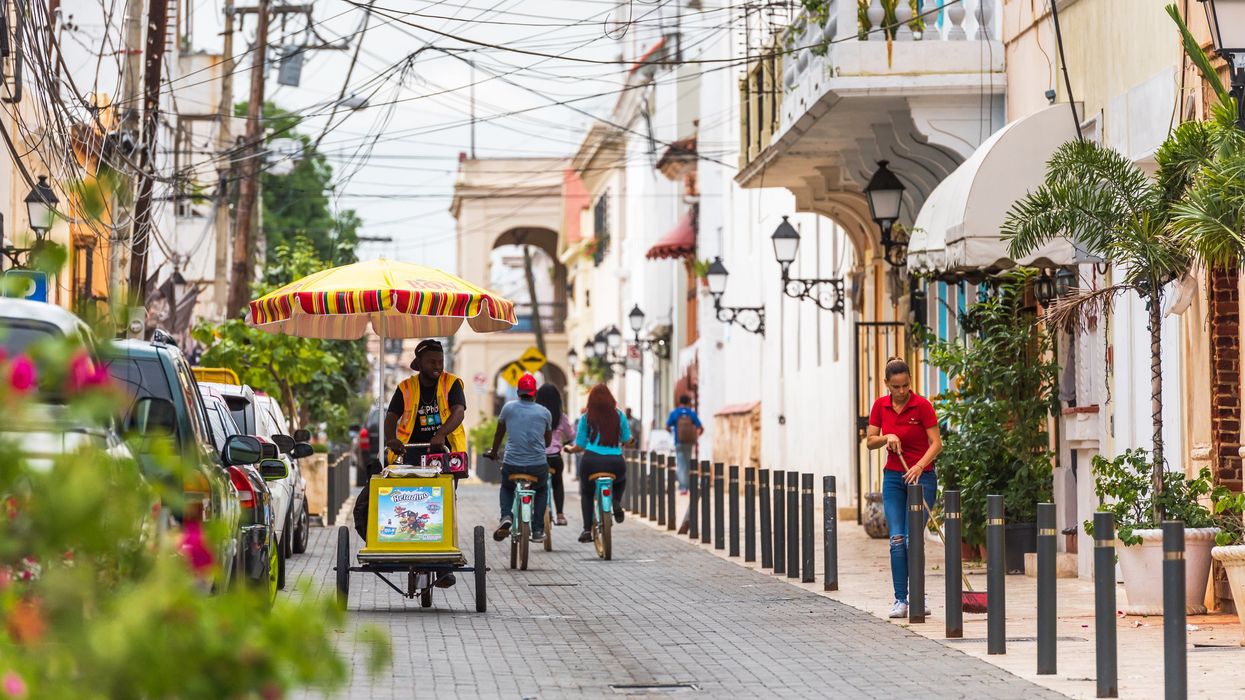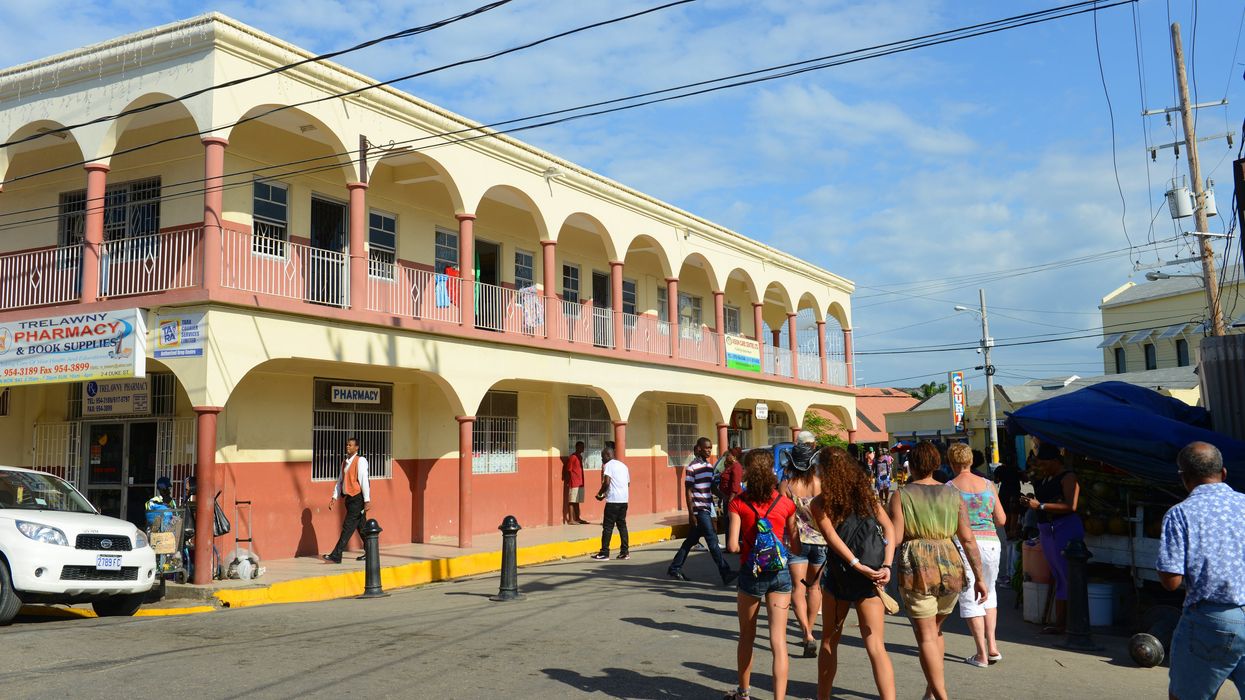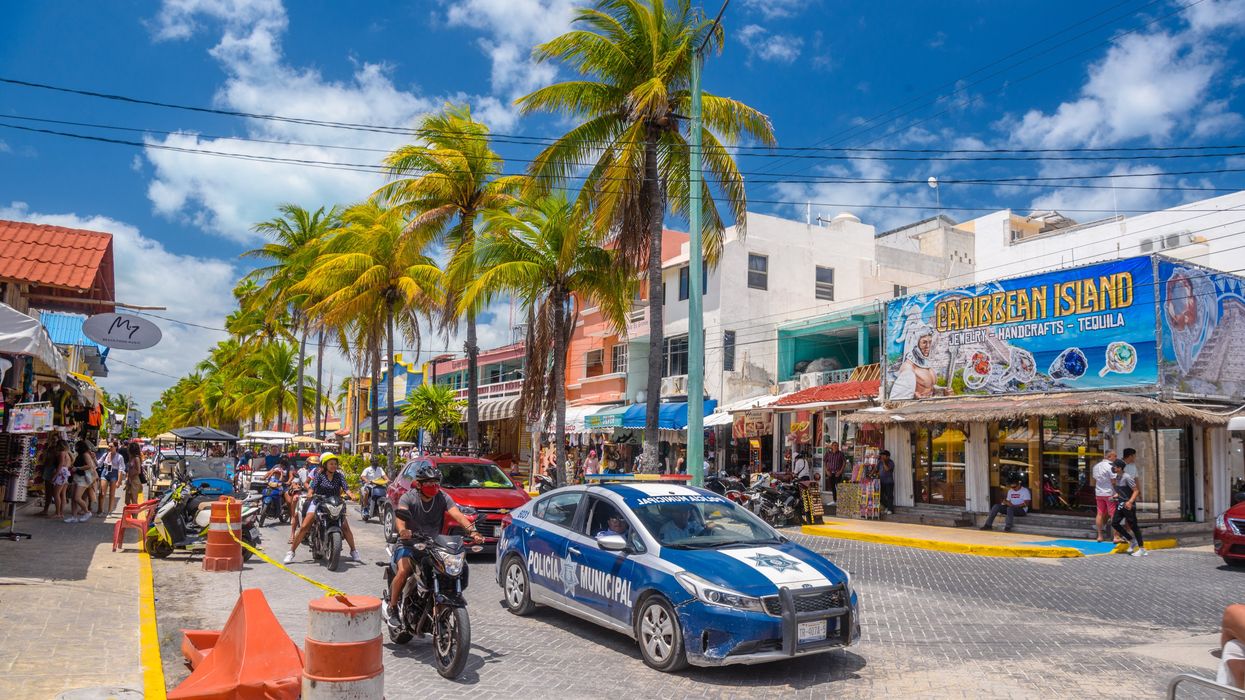Before you finalize your summer travel plans, don't forget to check the latest Government of Canada travel advisories to get clued up on what's going on at your vacation destination.
Whether you're planning to bask on the beaches of the Caribbean, explore Europe's historic cities, or venture into tropical locales, there could be updated travel advisories that you should be aware of.
The Canadian government regularly issues travel advice to help tourists make informed decisions on their trips, highlighting everything from safety concerns to potential disruptions. These advisories cover a range of issues, including heightened crime rates, political tensions, and even natural disasters like hurricanes. Even seemingly minor issues like water shortages or public transportation strikes can affect your travel experience, so staying informed is key.
Advisories are classified according to four risk levels, from "Take normal security precautions" and "Exercise a high degree of caution" through to "Avoid non-essential travel" and "Avoid all travel."
These advisories could have implications for your travel insurance, influencing what your provider will cover in case something goes wrong.
To ensure a smooth and safe trip, check out the travel advisory for your destination and take any recommended precautions seriously.
Here's a look at the latest updates for some of the top destinations you might be considering for an upcoming trip.
Mexico
Last Updated: August 12, 2024
Risk Level: Exercise a high degree of caution in Mexico due to high levels of violent crime and kidnapping
Details: The Canadian government advises caution when travelling in Mexico, where crime rates are high, particularly in certain regions. Violent crime, including armed robbery, carjacking, and kidnapping, is prevalent, and even tourist areas aren't immune. Stick to well-travelled tourist spots, avoid travelling at night, and stay informed by monitoring local news.
For more details, visit the Government of Canada website
Cuba
Last Updated: August 9, 2024
Risk Level: Exercise a high degree of caution in Cuba due to shortages of basic necessities
Details: The Canadian government advises travellers to be cautious in Cuba, where shortages of essentials like food, medicine, and fuel are currently widespread. Travelling around the island can be challenging due to fuel shortages affecting transportation. According to the government, it's a good idea to bring necessities like toiletries and medication with you. Also, be aware of intermittent water supply issues, even in resort areas.
For more details, visit the Government of Canada website
Spain
Last Updated: August 12, 2024
Risk Level: Exercise a high degree of caution in Spain due to the threat of terrorism
Details: The Canadian government advises travellers to stay alert due to the ongoing threat of terrorism in Spain. While Spain remains a popular and generally safe destination for visitors, recent incidents have prompted extra security measures, especially in crowded places like tourist hotspots and public events. Keep an eye on your surroundings, follow local instructions, and stay updated with local news while enjoying your Spanish adventure.
Besides terrorism, be mindful of petty crime, like pickpocketing in crowded areas, and always secure your belongings. It's also good to be cautious when driving, the government warns, as road conditions can vary widely.
For more details, visit the Government of Canada website
Italy
Last Updated: August 7, 2024
Risk Level: Exercise a high degree of caution in Italy due to the threat of terrorism
Details: The Canadian government advises travellers to be vigilant in Italy, especially in major cities and popular tourist spots where the risk of terrorism is higher. Recent advisories highlight the potential for attacks in public places and during large events. Additionally, petty crime such as pickpocketing and purse snatching is common in crowded areas and on public transport. Travellers should be mindful of their belongings, avoid showing signs of wealth, and stay updated on local news.
For more details, visit the Government of Canada website
Dominican Republic
Last Updated: August 7, 2024
Risk Level: Exercise a high degree of caution in the Dominican Republic due to crime
Details: If you're heading to the Dominican Republic, stay on your toes, especially in places like Santo Domingo and Punta Cana where crime rates are higher. Tourists can be targets for things like muggings and robberies, so it's best to stick to popular areas, avoid isolated spots, and keep your valuables out of sight. Be extra careful when using public transportation or ATMs. And don't forget—hurricane season runs from June to November, so keep an eye on the weather.
For more details, visit the Government of Canada website
France
Last Updated: August 7, 2024
Risk Level: Exercise a high degree of caution in France due to the elevated threat of terrorism
Details: The Canadian government advises travellers to remain cautious in France, especially in popular tourist destinations and major cities. There's a heightened risk of terrorism, with potential targets including public transportation, tourist attractions, and large gatherings. Petty crime, such as pickpocketing and bag snatching, is also common, particularly in crowded areas like Paris and on public transit.
For more details, visit the Government of Canada website
United Kingdom
Last Updated: August 7, 2024
Risk Level: Exercise a high degree of caution in the United Kingdom due to the threat of terrorism
Details: The Canadian government advises travellers to remain vigilant in the United Kingdom due to the ongoing threat of terrorism. High-profile locations, including public transit, tourist attractions, and major events, may be targeted. Expect an increased security presence, particularly in cities like London. The advisory also warns of petty crime such as pickpocketing, which is common in crowded areas and on public transport. Travellers should secure their personal belongings, avoid displaying valuables, and stay informed through local news and updates.
For more details, visit the Government of Canada website
Bahamas
Last Updated: August 7, 2024
Risk Level: Exercise a high degree of caution in the Bahamas due to high rates of crime, especially in Freeport and Nassau
Details: If you're heading to the Bahamas, it's important to stay aware of your surroundings, especially in Nassau and Freeport, where crime rates are higher. While the islands are beautiful, tourists can be targets for robbery and other crimes, particularly in less crowded areas. Stick to well-lit, populated places, and be cautious after dark. Also, keep in mind that the Bahamas is in the hurricane belt, so if you’re travelling between June and November, be prepared for potential storms.
For more details, visit the Government of Canada website
Jamaica
Last Updated: August 7, 2024
Risk Level: Exercise a high degree of caution in Jamaica due to the high level of violent crime
Details: The Canadian government advises travellers to be cautious in Jamaica, where violent crime, including armed robbery and sexual assault, is a significant concern, particularly in Kingston, Montego Bay, and Spanish Town. Tourists should stay within resort areas, especially after dark, and avoid travelling to certain neighbourhoods in these cities. Be cautious with public transportation and avoid using unofficial taxis. The government also notes that hurricanes and tropical storms can pose risks between June and November.
For more details, visit the Government of Canada website
Brazil
Last Updated: August 9, 2024
Risk Level: Exercise a high degree of caution in Brazil due to high crime rates and regular incidents of gang-related and other violence in urban areas
Details: Travelling to Brazil? Be prepared to stay alert, especially in major cities like Rio de Janeiro and São Paulo, where crime rates are high. The Canadian government warns of risks such as muggings, armed robberies, and carjackings, which can occur even in tourist areas. Avoid showing signs of wealth, stick to well-travelled areas, and be particularly cautious at night. Additionally, Brazil's border regions have their own specific risks, so plan your travels carefully.
For more details, visit the Government of Canada website
Before you get going, check out our Responsible Travel Guide so you can be informed, be safe, be smart, and most of all, be respectful on your trip.
